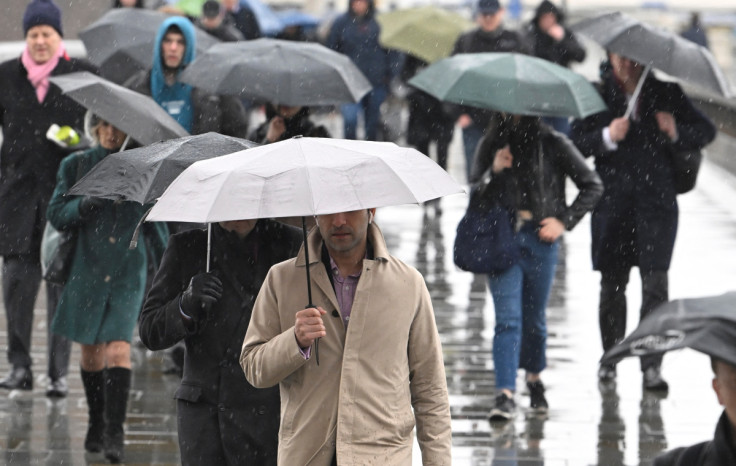Cost of living crisis drops UK workers' retirement figures to 1 million
A recent report describes this phenomenon of people postponing their retirement plans as "the great un-retirement", given the number of people out of the labour market has reduced compared to last year.

A recent report by Age UK and the Pensions Policy Institute reveals the effect of the cost of living crisis on people's retirement plans. More and more workers are putting off their retirement plans due to high inflation.
As living expenses become costly day by day, retiring early seems to be a disadvantage for many, especially older workers. In such a situation more governmental support for workers who are nearing retirement age is needed. Workers in their 50s and 60s especially need this support.
Modelling undertaken by the PPI for Age UK shows that when people leave work before their planned retirement age, they have to find money to replace their earnings income. Pulling money out of pension savings early could have serious consequences for retirement income, through pot reduction.
For many people in their 50s and 60s who took early retirement or for those who took a time out because of the pandemic and are now returning to the workforce, for them a comfortable standard of living seems far-fetched. For some of them, it is totally out of reach courtesy of sky-high prices.
How critical is this?
The report highlights how a person living on the National Living wage needs to have at least £26,000 according to their current standard of living. This is especially true if the said individual hasn't worked in the last two years. A person with a higher wage will need £60,000 at least. People can take out this money from their pension scheme but that will reduce their overall pension level later. This will rob them of £6,000 worth of pension contributions.
Those leaving work generally cease making pension contributions and miss out on the value of those they and their employer might have made had they stayed in work and any investment returns they could have accrued. For example, leaving work 2 years before the planned retirement date may require someone to find around £25,500 in order to meet the target replacement rate to replicate living standard of a person earning £18,500 a year, over that time plus an additional £3,000 to cover pension contributions foregone.
Many older workers are now drawing down their defined contribution or DC from pension funds to meet their current financial condition. This will reduce their future retirement funds. There's an 18 per cent year-on-year increase in people assessing their DC pension pots. This suggests that more and more people are foregoing their retirement plans to make ends meet today.
Un-retirement the way out?
The report has described this phenomenon of people postponing their retirement plans as the great un-retirement as the number of people out of the labour market has reduced compared to last year. Nine months ago 1.196 million people under the age of 65 (the retirement age) were retired. Instead of increasing, that number has lowered from February to April.
From Feb to April, the number of retired people below 65 years of age stood at 1.075 million. The number was 1.180 million during this same period in 2022.
This clearly indicates that more and more people near the age of retirement are giving it up and choosing to work in order to bring food to the table. An opinion poll conducted by Age UK vindicated this as it revealed 400,000 people nearing retirement age have changed their working habits recently. Of them, nine per cent are aged between 60 and 65. Most of them are either delaying retirement or working longer hours or returning to the workforce again. All these changes in their work habits are done to increase their income to cope with the high inflation and the cost of living crisis.
One worker due to retire in September 2024 reveals how the energy bills have spiralled and now his wage can't meet the heating cost of the Christmas period alone.
Another worker who took early retirement in May had to take up a part-time job this year to meet the fuel and other utility expenses.
At present the average life expectancy of men in the UK is 62.8 years and that of women is 63.6 years. People have to wait till 66 years of age to get the State Pension. This means that older workers who can't work because of some difficulty are at the receiving end of the cost of living crisis.
In such a situation increasing the economic activity of people in their 50s and 60s seems to be the only way out. They need some flexible work opportunities and adequate training to do that. This will make them open to employment. Along with adequate financial support from the government, this change in their employability is the need of the hour.
© Copyright IBTimes 2025. All rights reserved.






















